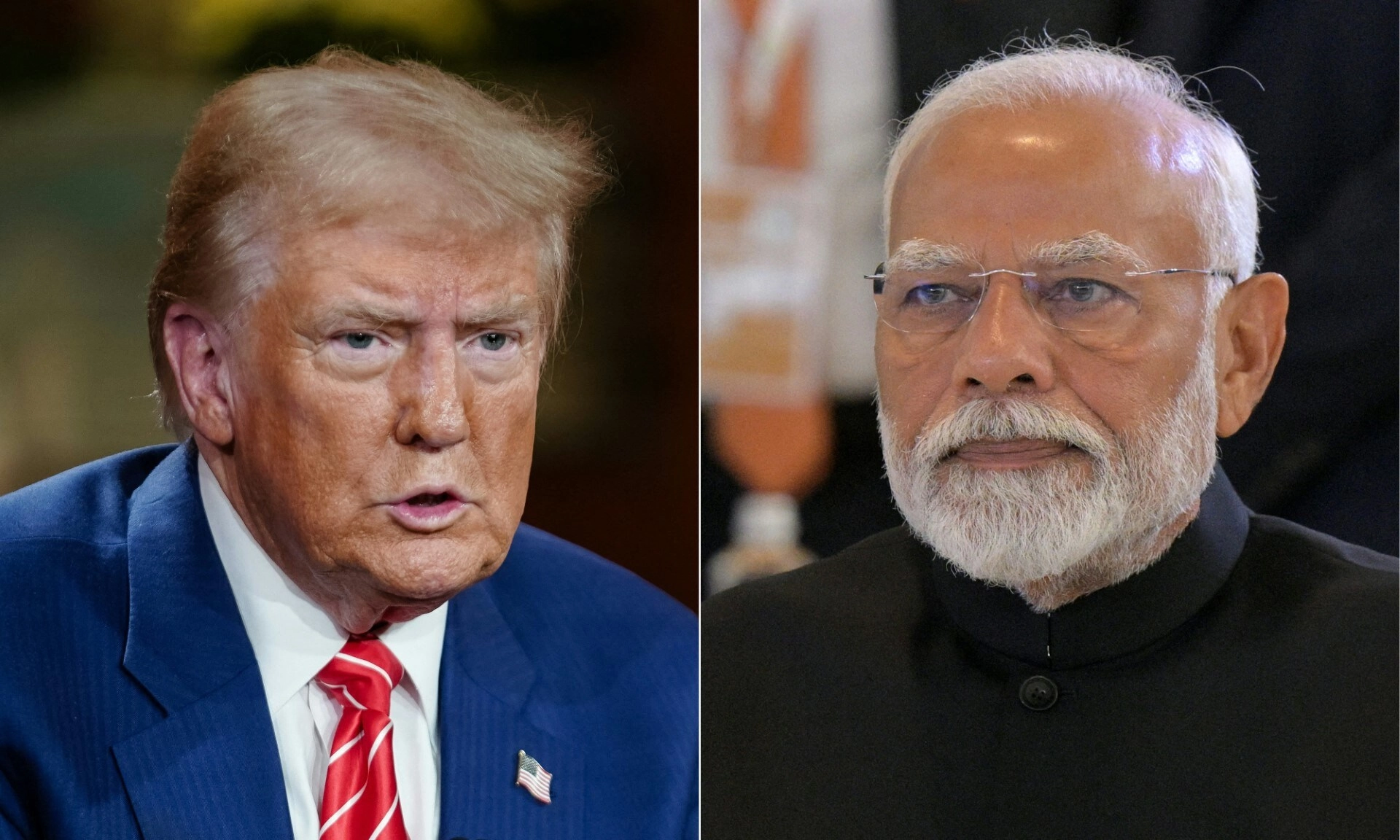In a strategic move aimed at enhancing national security and countering geopolitical adversaries, Team Trump has put forth a proposal to restrict Chinese airlines from utilizing Russian airspace for flights connecting to the United States. This initiative underscores a growing concern regarding the influence and operational reach of China amid rising tensions between the U.S. and both China and Russia. By denying Chinese carriers access to Russian airspace, the Trump administration seeks to limit their operational flexibility and reinforce the broader strategy of isolating countries that pose a threat to American interests.
The proposal reflects an escalating trend of using aviation policy as a tool for foreign policy objectives. In recent years, air travel has become a significant battleground in the geopolitical landscape, where airspace agreements can influence not only economic factors but also security dynamics. The potential barring of Chinese airlines from flying over Russian territory signifies a calculated effort to disrupt established routes that Chinese carriers rely on for their transcontinental operations. This move could complicate logistics for Chinese airlines, potentially leading to increased operational costs and longer flight times, which would ultimately impact their competitiveness in the international market.
Moreover, this proposal is likely to elicit a strong response from Beijing, which may perceive such actions as a direct affront to its aviation ambitions and an escalation of the ongoing tensions between the two superpowers. China has been expanding its presence in global aviation, and restricting its access to vital air routes could be seen as a provocation. Additionally, such a decision could have ripple effects on international relations, as it may force other countries to take sides in the growing rivalry between the U.S. and China, particularly those nations that have strategic partnerships with both powers.
Furthermore, the implications of this proposal extend beyond just the aviation industry. It highlights the broader narrative of competition between authoritarian regimes and democratic nations, showcasing how economic and military strategies are increasingly intertwined. As the global landscape shifts, policies like these serve to reinforce alliances and clarify stances in the face of perceived threats. Ultimately, the effectiveness and potential consequences of this proposal will depend on its implementation and the reactions it provokes from both China and Russia, setting the stage for a complex interplay of diplomacy and defense in the skies above.




